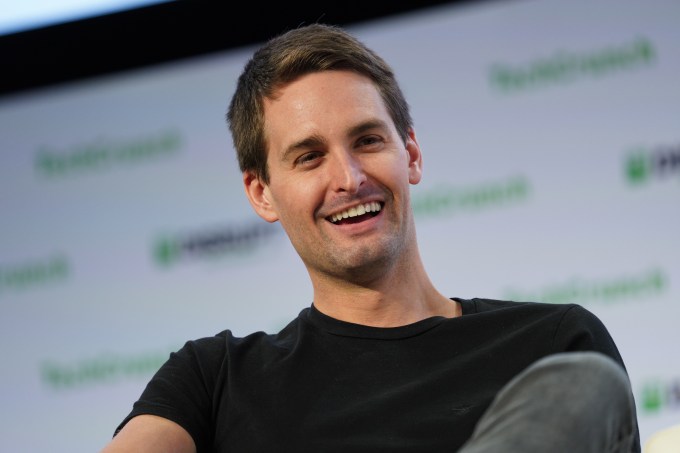Hey everyone, happy 2020. Welcome back to Week in Review where I dive deep into a bit of news from the week or just share some thoughts and go over some of the more interesting stories of the week.
If you’re reading this on the TechCrunch site, you can get this in your inbox here, and follow my tweets here.
The big story
Dip a toe into the world of influencers and as you click through Instagram stories, and you’ll see that peddling endorsements for bizarre products is an essential part of the new influencer economy. What’s interesting isn’t that these (often) self-made influencers looking to leverage their fame to and monetize themselves with sponsorship deals, it’s how low the expectations are of their followers and fans when it comes to advertising suspect products.
The age of fanbases considering a celebrity a sellout after hocking junk in commercial appearances is far, far gone. Follower exploitation isn’t even questioned, something that grows less funny when you realize how young most of the fans are of some of these figures.
As you click through actual online influencers with 10 million+ followers advertising weight-loss supplements, juice cleanses and knockoff AirPods, you might be wondering where the bar is and whether it can go any lower. Followers don’t really seem to care for a lot of reasons, but one intriguing thought is that as social media platforms have made fame seem more accessible, user empathy for internet stars has increased and people understand that these figures are just looking for their payday.
Ultimately, high art and capitalism have also never been closer and when you look at the relationship between brand endorsements and some of the top visual artists and musicians, it’s not surprising that those that occupy lesser rungs on the fame ladder don’t mind hocking lesser products. This great piece in The Atlantic by Taylor Lorenz from 2018 reported on how teens were acting like they were selling ads as a way to lend themselves credibility. The “coolness” of advertising has only seemed to accelerate.
It’s clear that the influencer economy has shaped popular culture in ways that make a backlash to influencers “selling out” seem nearly impossible at this point in time. After all, if sticking your name on products that literally contain poison doesn’t dampen your charm, what will?
Trends of the week
Here are a few big news items from big companies, with green links to all the sweet, sweet added context:
- Snap buys up an AI startup
This week, TechCrunch reported that Snapchat had bought up a Ukrainian AI startup to build its latest Cameo feature. The $166 million acquisition is a significant purchase for the social media company which spent the bulk of 2019 getting back to basics. - Former HBO boss joins up with Apple
Former HBO exec Richard Plepler has signed an exclusive deal with Apple for his new production company, a move that’s sure to make waves in the entertainment space but could also shift how Apple spends its behemoth original content budgets.

Extra Crunch
Our premium subscription business had another great week of content. My colleague Josh Constine started a series with advice for getting your startup press coverage.
Finding the right reporter to cover your startup
Pitch the wrong reporter or publication, and your story won’t see the light of day.
Before you start seeking press, you’ll need to look for reporters who have reach, respect and expertise when you choose who to talk to. You’ll also need to be prepared to accept the truth about your business, even if it hurts. It’s critical that you find a writer who’s a good fit for the business you’re building and the audience you’re seeking…”
Sign up for more newsletters, including my colleague Darrell Etherington’s new space-focused newsletter Max Q, here.
from TechCrunch https://ift.tt/37HaEmF


No comments:
Post a Comment